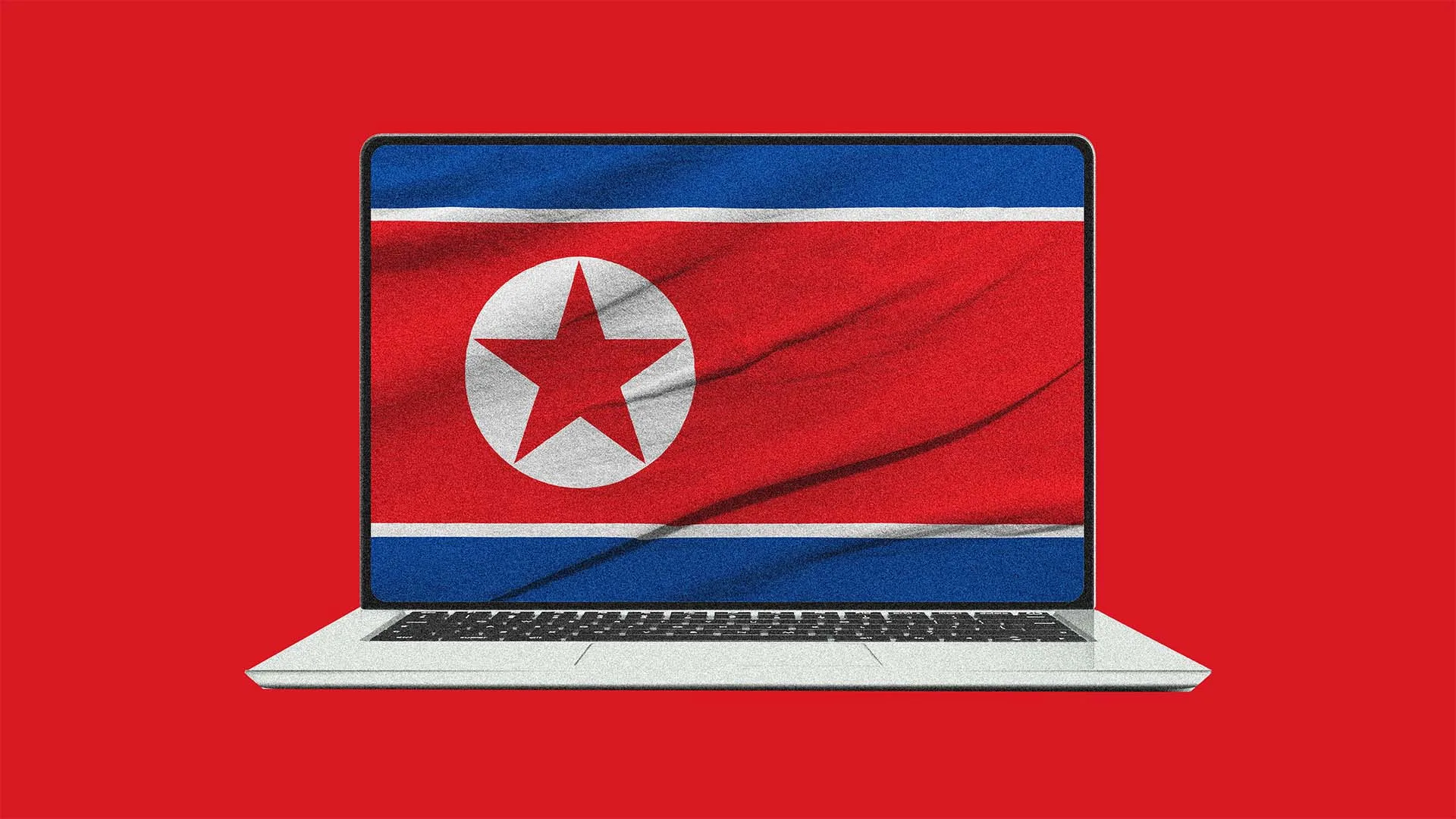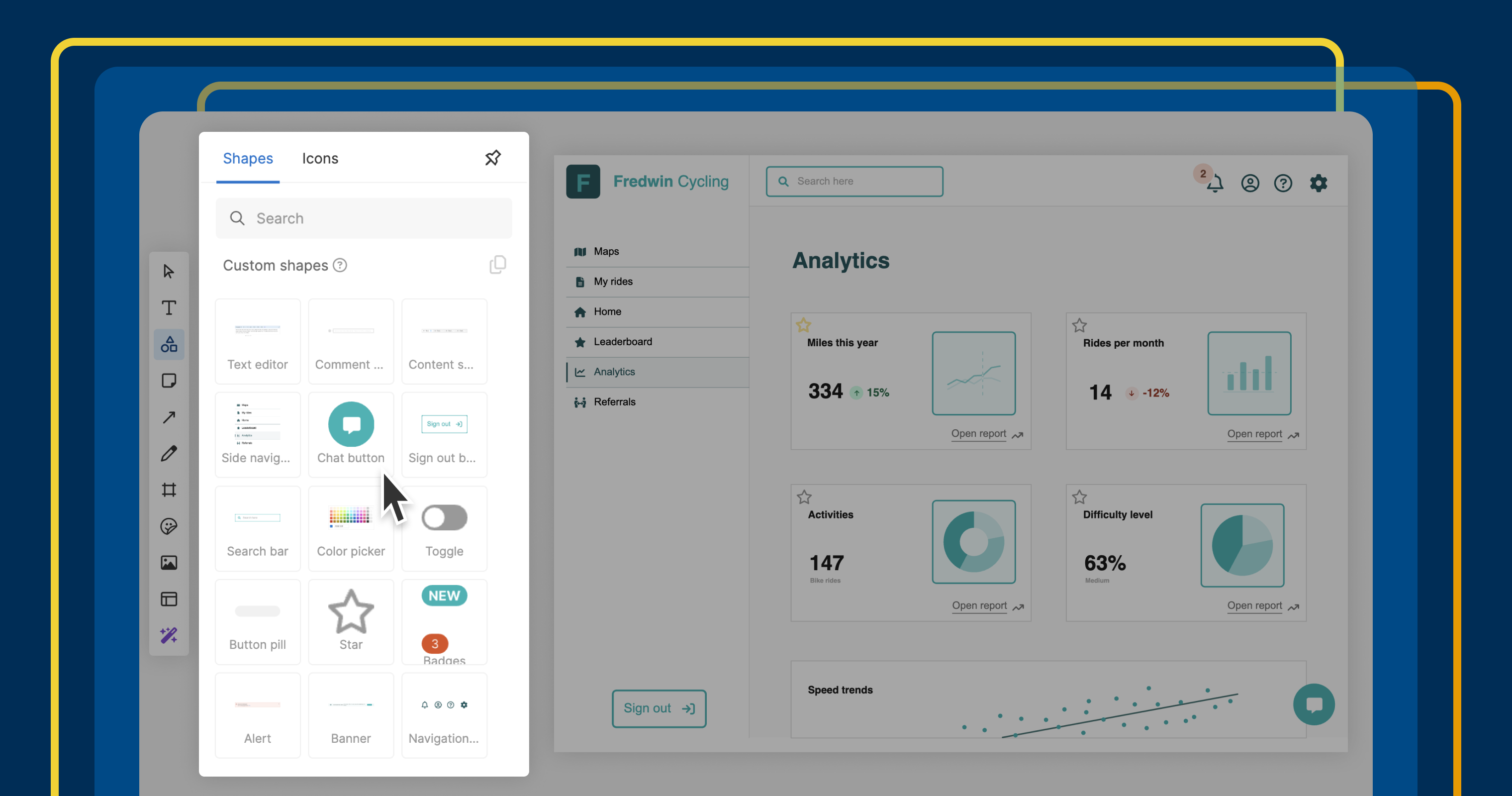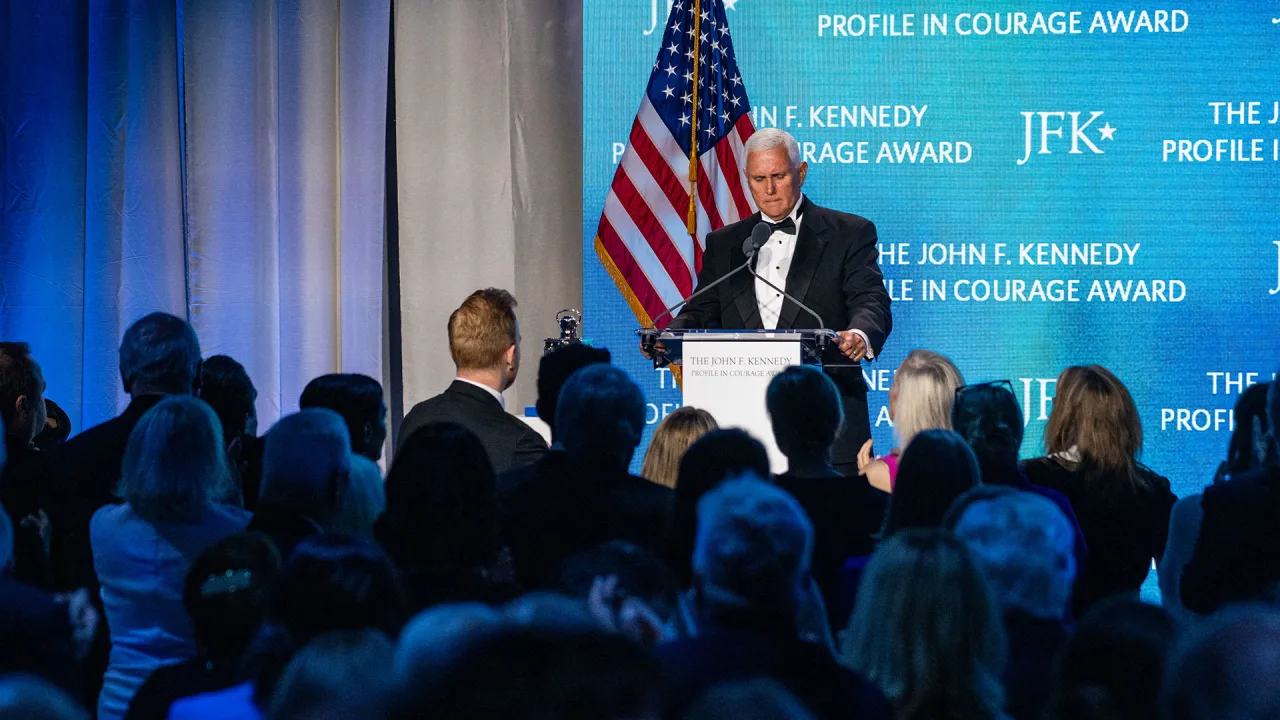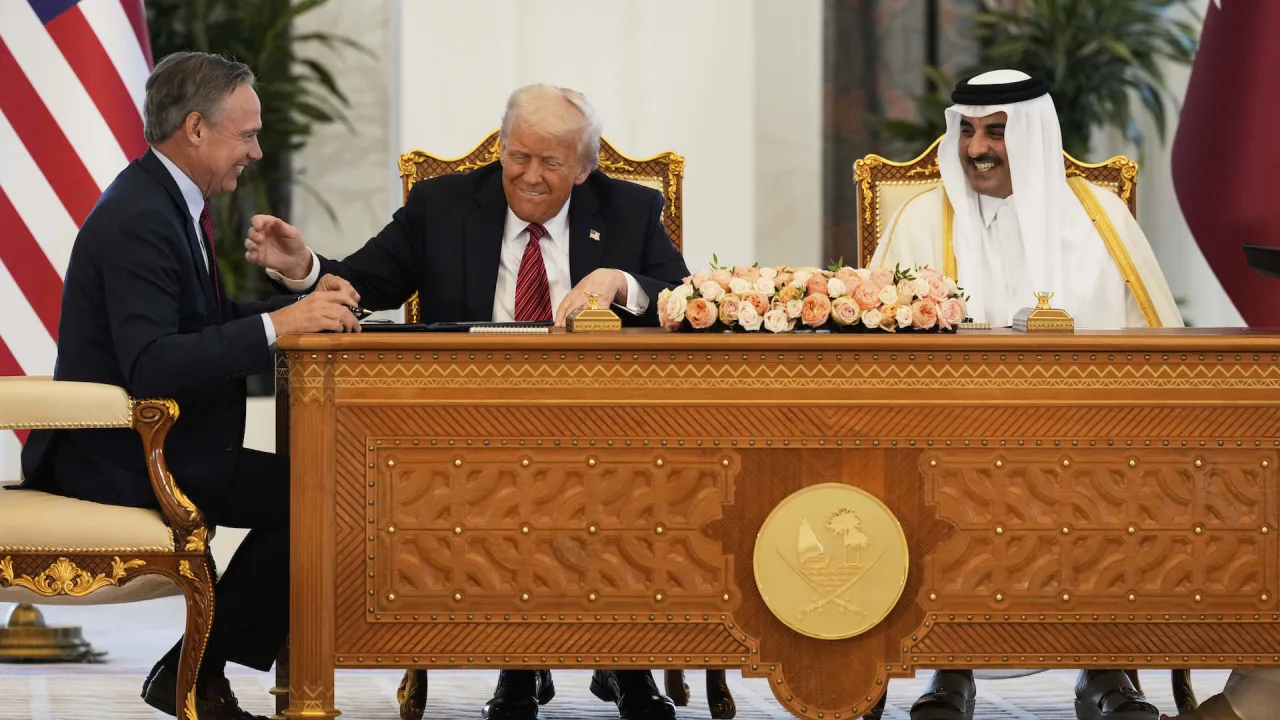Trump’s Middle East tour is all about AI diplomacy
Welcome to AI Decoded, Fast Company’s weekly newsletter that breaks down the most important news in the world of AI. You can sign up to receive this newsletter every week here. Trump’s Middle East tour is all about AI diplomacy The U.S. enjoys its superpower status mainly because of two things: its military and its financial influence. What we’re seeing in Trump’s tour of the Middle East this week is the rise of another lever of geopolitical power: AI. And the competition between the U.S. and China in this realm is heating up. The U.S. is becoming more focused on exporting the best U.S. AI technology to other countries. Trump’s lavish reception by heads of state in the Middle East this week can be explained in part by a major policy change: The Trump Commerce Department announced plans Tuesday to rescind Biden’s “AI diffusion rule,” which had restricted the export of the most powerful AI chips to other countries, including those in the Middle East. The removal of the chip restrictions opens big new markets for American AI chipmakers (to wit, Nvidia’s stock rose 6% Tuesday) and could cause an increase in global investment in new AI data centers in the Middle East. Trump announced a series of U.S.-Saudi investment deals, including a partnership between Nvidia and Humain, a newly formed Saudi AI firm backed by the kingdom’s sovereign wealth fund. The plan: to build AI data centers “powered by several hundred thousand of Nvidia’s most advanced GPUs.” The change in posture couldn’t be starker. During Biden’s presidency, the U.S. took a more cautious approach to AI. Biden-era chip export controls were seen as necessary to protect national security and preserve America’s edge in the AI race. Many in the tech industry supported them, at least when it came to chips. Restricting access to the best hardware, as one source put it, was “one lever that the U.S. can pull” to maintain its lead. The result: U.S. firms like OpenAI and Anthropic had access to elite silicon, while Chinese competitors like DeepSeek were left scrambling. But the game has changed since Biden was in office. The U.S. is no longer home to the only company (Nvidia) that can supply chips powerful enough to train state-of-the-art AI models. The Chinese multinational company Huawei is now shipping the Ascend 910C, a chip that rivals Nvidia’s best, along with a high-end server rack, the CloudMatrix 384, that competes with Nvidia’s GB200 NVL72. These systems are powering research inside China and are being pushed into global markets. That has raised alarms in D.C. The Commerce Department recently warned that organizations using Huawei’s Ascend chips could be violating U.S. export rules, since the chips were likely manufactured with U.S.-origin technology. But enforcement will be difficult as more countries seek alternatives or try to hedge their bets between the U.S. and China. AI models and chips offer a new way for state actors to project power on the world stage. That’s what’s unfolding in the Middle East this week. The Trump administration isn’t so much trying to open new markets for Nvidia as it is trying to advance American AI as the prevailing standard around the world. GOP bill would freeze state AI laws for a decade A sweeping AI regulatory ban that would prevent states from overseeing the technology for a decade has been quietly inserted into a powerful Republican tax and spending bill currently under review by the House Energy and Commerce Committee. If passed in its current form, the bill would mark a major victory for the U.S.’s largest tech companies, which argue that state-level regulations threaten innovation. It would impose a 10-year freeze on “any law or regulation regulating artificial intelligence models, artificial intelligence systems, or automated decision systems.” For companies like Meta, Microsoft, OpenAI, and Alphabet’s Google, the provision offers a way to sidestep pending or active state laws that are imposing stricter oversight than the federal government. Their pitch in recent months has been that any slowdown in AI development could allow Chinese competitors to outpace the U.S., a message that’s resonating with many Republicans. Currently, these companies face a wave of state-level scrutiny. In this year alone, states have introduced at least 550 AI-related bills—covering issues from deepfakes to algorithmic discrimination—according to a tracker by the National Conference of State Legislatures. And it’s only May. The House committee’s draft bill could effectively nullify these efforts, a move that has alarmed AI safety advocates and critics of Big Tech, including leading Democrats. “This is an outrageous abdication of congressional responsibility and a gift-wrapped favor to Big Tech that leaves consumers vulnerable to exploitation and abuse,” said J.B. Branch, Big Tech accountability advocate at Public Citizen. “This isn’t leadership; it is surrendering to corporate overreac

Welcome to AI Decoded, Fast Company’s weekly newsletter that breaks down the most important news in the world of AI. You can sign up to receive this newsletter every week here.
Trump’s Middle East tour is all about AI diplomacy
The U.S. enjoys its superpower status mainly because of two things: its military and its financial influence. What we’re seeing in Trump’s tour of the Middle East this week is the rise of another lever of geopolitical power: AI. And the competition between the U.S. and China in this realm is heating up.
The U.S. is becoming more focused on exporting the best U.S. AI technology to other countries. Trump’s lavish reception by heads of state in the Middle East this week can be explained in part by a major policy change: The Trump Commerce Department announced plans Tuesday to rescind Biden’s “AI diffusion rule,” which had restricted the export of the most powerful AI chips to other countries, including those in the Middle East.
The removal of the chip restrictions opens big new markets for American AI chipmakers (to wit, Nvidia’s stock rose 6% Tuesday) and could cause an increase in global investment in new AI data centers in the Middle East.
Trump announced a series of U.S.-Saudi investment deals, including a partnership between Nvidia and Humain, a newly formed Saudi AI firm backed by the kingdom’s sovereign wealth fund. The plan: to build AI data centers “powered by several hundred thousand of Nvidia’s most advanced GPUs.”
The change in posture couldn’t be starker. During Biden’s presidency, the U.S. took a more cautious approach to AI. Biden-era chip export controls were seen as necessary to protect national security and preserve America’s edge in the AI race. Many in the tech industry supported them, at least when it came to chips. Restricting access to the best hardware, as one source put it, was “one lever that the U.S. can pull” to maintain its lead. The result: U.S. firms like OpenAI and Anthropic had access to elite silicon, while Chinese competitors like DeepSeek were left scrambling.
But the game has changed since Biden was in office. The U.S. is no longer home to the only company (Nvidia) that can supply chips powerful enough to train state-of-the-art AI models. The Chinese multinational company Huawei is now shipping the Ascend 910C, a chip that rivals Nvidia’s best, along with a high-end server rack, the CloudMatrix 384, that competes with Nvidia’s GB200 NVL72. These systems are powering research inside China and are being pushed into global markets.
That has raised alarms in D.C. The Commerce Department recently warned that organizations using Huawei’s Ascend chips could be violating U.S. export rules, since the chips were likely manufactured with U.S.-origin technology. But enforcement will be difficult as more countries seek alternatives or try to hedge their bets between the U.S. and China.
AI models and chips offer a new way for state actors to project power on the world stage. That’s what’s unfolding in the Middle East this week. The Trump administration isn’t so much trying to open new markets for Nvidia as it is trying to advance American AI as the prevailing standard around the world.
GOP bill would freeze state AI laws for a decade
A sweeping AI regulatory ban that would prevent states from overseeing the technology for a decade has been quietly inserted into a powerful Republican tax and spending bill currently under review by the House Energy and Commerce Committee.
If passed in its current form, the bill would mark a major victory for the U.S.’s largest tech companies, which argue that state-level regulations threaten innovation. It would impose a 10-year freeze on “any law or regulation regulating artificial intelligence models, artificial intelligence systems, or automated decision systems.”
For companies like Meta, Microsoft, OpenAI, and Alphabet’s Google, the provision offers a way to sidestep pending or active state laws that are imposing stricter oversight than the federal government. Their pitch in recent months has been that any slowdown in AI development could allow Chinese competitors to outpace the U.S., a message that’s resonating with many Republicans.
Currently, these companies face a wave of state-level scrutiny. In this year alone, states have introduced at least 550 AI-related bills—covering issues from deepfakes to algorithmic discrimination—according to a tracker by the National Conference of State Legislatures. And it’s only May.
The House committee’s draft bill could effectively nullify these efforts, a move that has alarmed AI safety advocates and critics of Big Tech, including leading Democrats.
“This is an outrageous abdication of congressional responsibility and a gift-wrapped favor to Big Tech that leaves consumers vulnerable to exploitation and abuse,” said J.B. Branch, Big Tech accountability advocate at Public Citizen. “This isn’t leadership; it is surrendering to corporate overreach and abuse under the guise of ‘protecting American innovation.’ ”
Sen. Ed Markey of Massachusetts warned that the proposal “will lead to a dark age for the environment, our children, and marginalized communities.” Illinois Rep. Jan Schakowsky said the ban would allow “AI companies to ignore consumer privacy protections, let deepfakes spread, and allow companies to profile and deceive consumers using AI.”
The bill is advancing through Congress via the budget reconciliation process, which allows certain legislation to bypass the Senate filibuster and pass with a simple majority. However, as Bloomberg reported, the provision may not survive this route, since Senate rules require that such measures be primarily fiscal in nature.
Still, the proposal is offering insight into the GOP’s broader stance on AI regulation. Vice President JD Vance has already cautioned that overregulation could “kill” the AI industry—a sentiment that appears to be gaining traction among lawmakers.
New Heartland/Rasmussen survey shows 60% of voters say AI companies should pay for lost jobs
A new survey from the The Heartland Institute and Rasmussen Reports finds that voters support the idea of AI companies paying reparations for the jobs their technology eliminates. A majority of those surveyed (62%) said that if AI advancements were to cause the elimination of millions of jobs, they would support “a government program that taxes big technology companies and then uses the funds to provide every American with an income large enough to pay for basic necessities like housing, clothes, and food.”
The finding suggests the voting public is increasingly aware that AI could threaten their livelihoods sooner rather than later—and that a serious public discussion about the need for a universal basic income (UBI) may be around the corner. UBI is a type of social welfare program in which all people in a society receive regular, unconditional cash payments, regardless of their employment status.
Adding urgency to the discussion, the World Economic Forum predicts that AI and automation could lead to the loss of 83 million jobs globally by 2027.
More AI coverage from Fast Company:
- Elon Musk’s DOGE is launching a new AI retirement system. It was built under Biden
- Polling giant Morning Consult is using AI to help dig through survey data
- Anaconda wants to become the GitHub of enterprise open-source development
- Going ‘AI first’ appears to be backfiring on Klarna and Duolingo
Want exclusive reporting and trend analysis on technology, business innovation, future of work, and design? Sign up for Fast Company Premium.

























































































































![Are AI Chatbots Replacing Search Engines? AI vs Google [New Research]](https://www.orbitmedia.com/wp-content/uploads/2025/05/How-often-are-we-using-AI-chatbots_.webp)
































